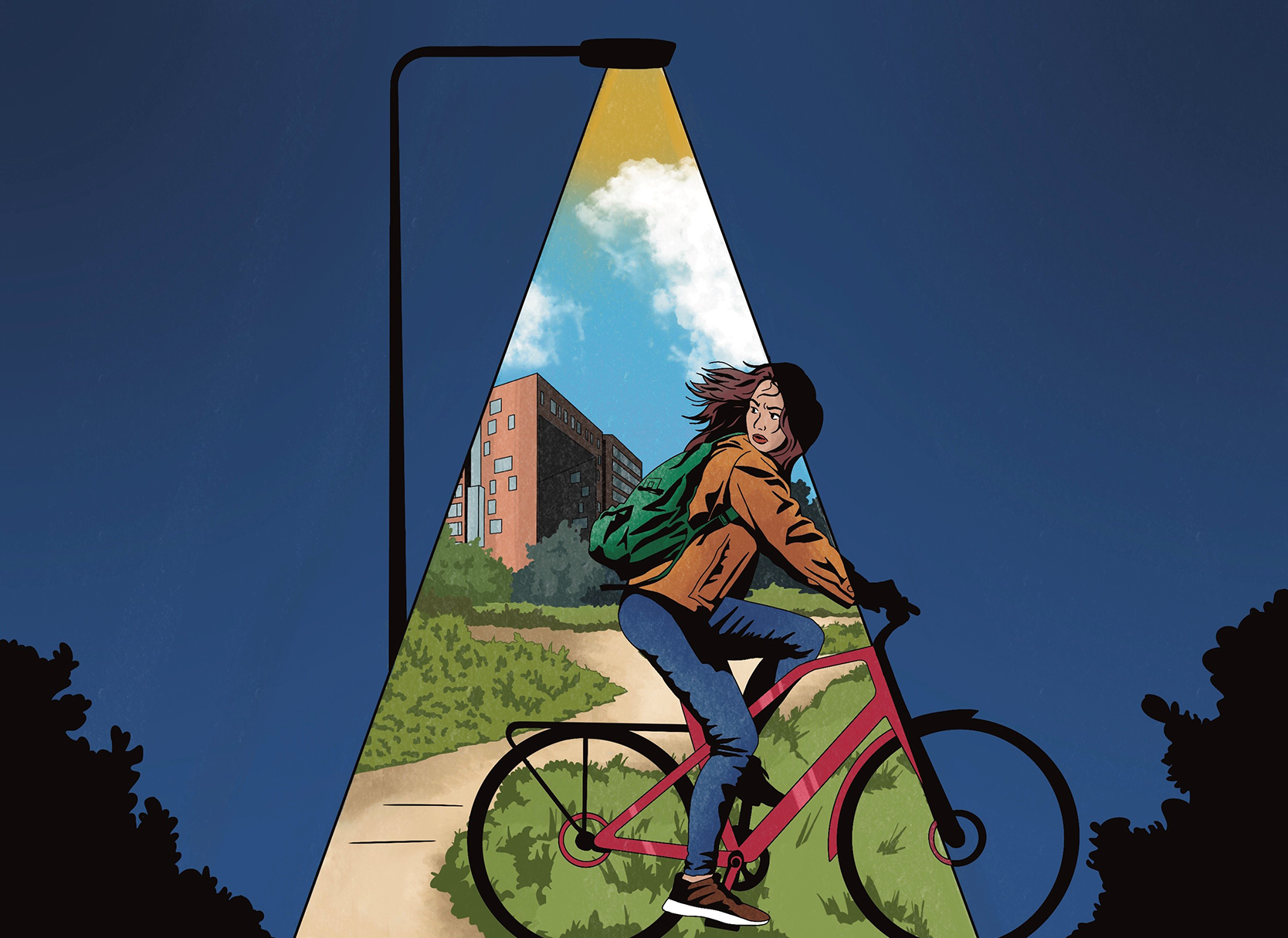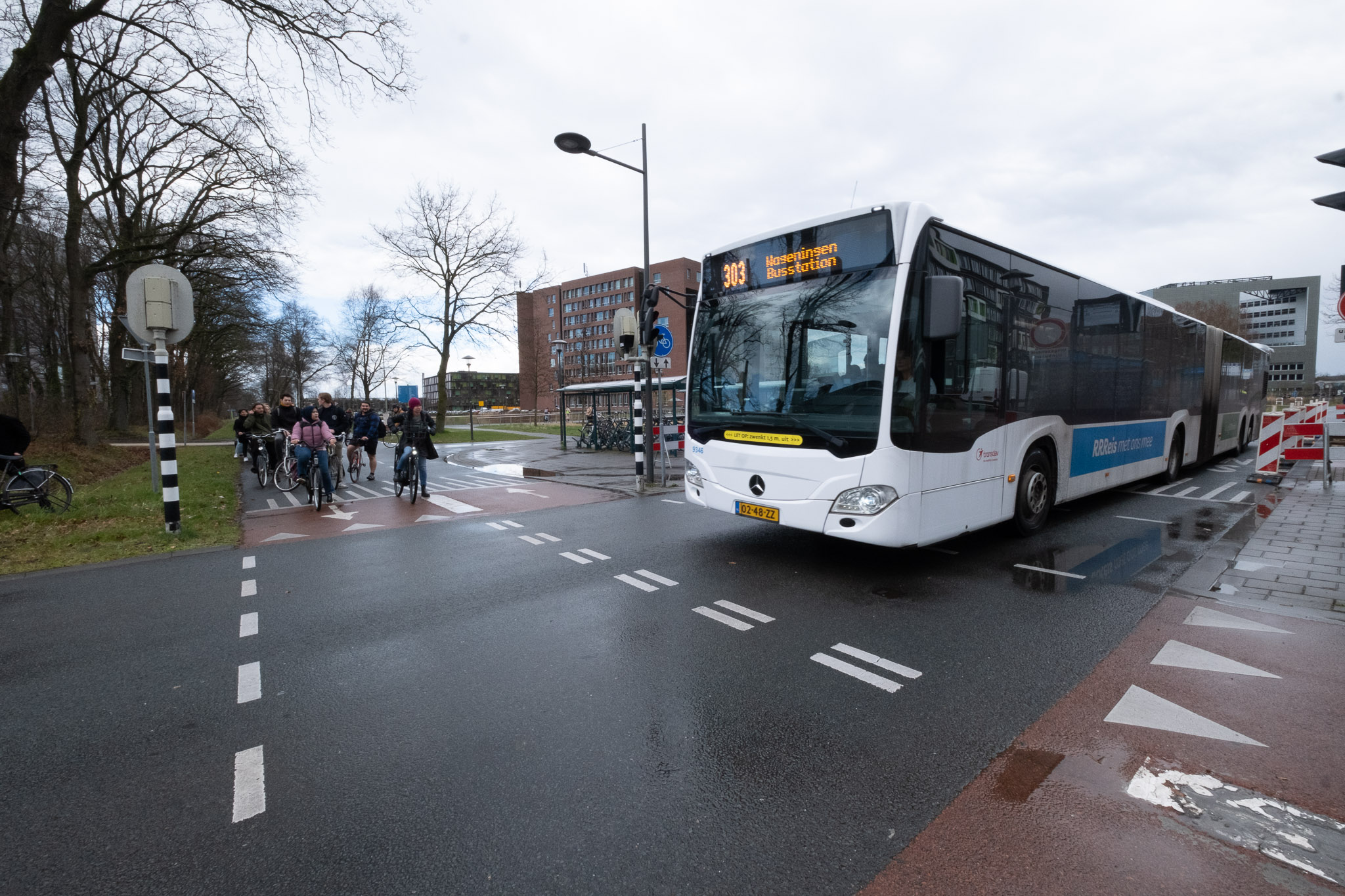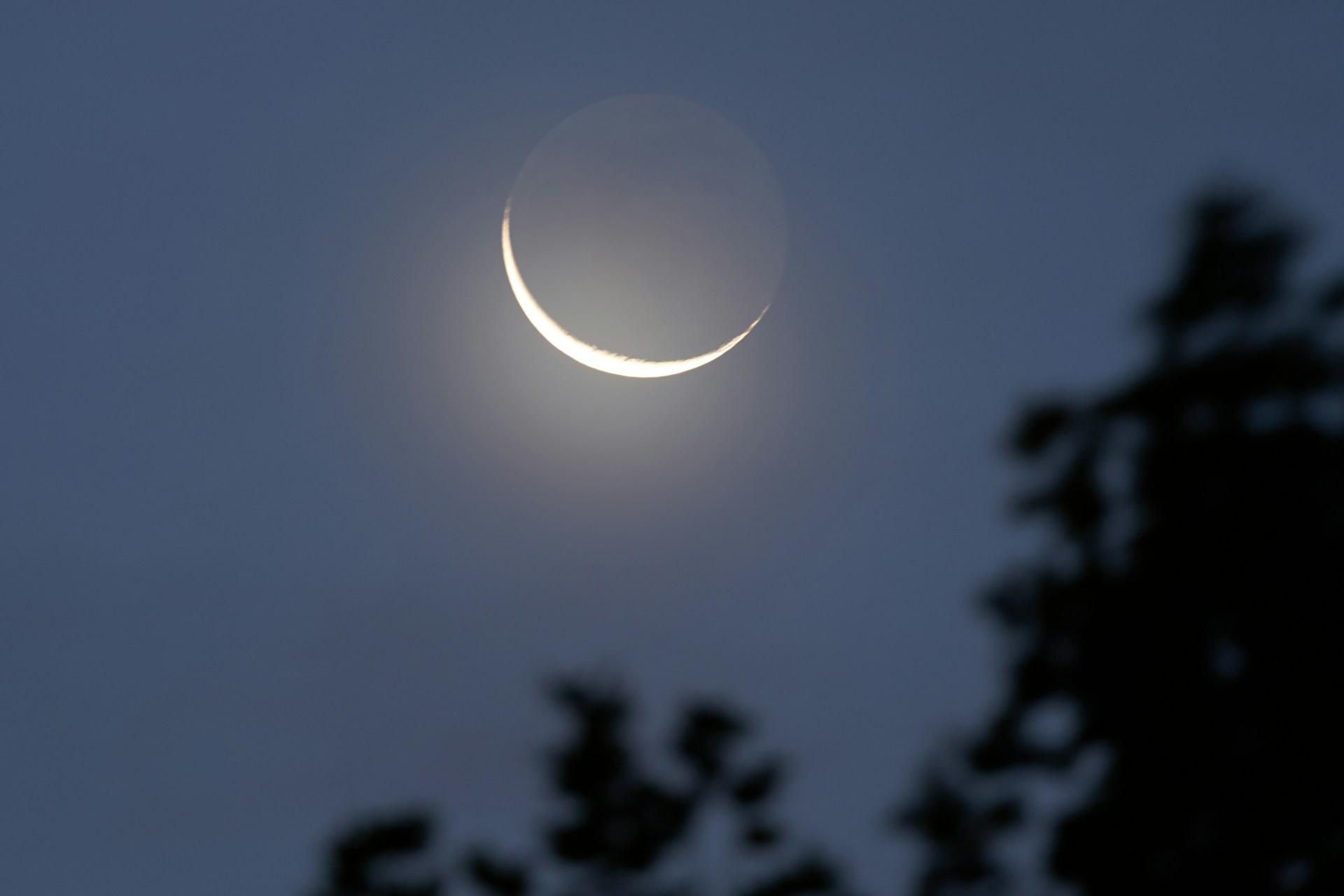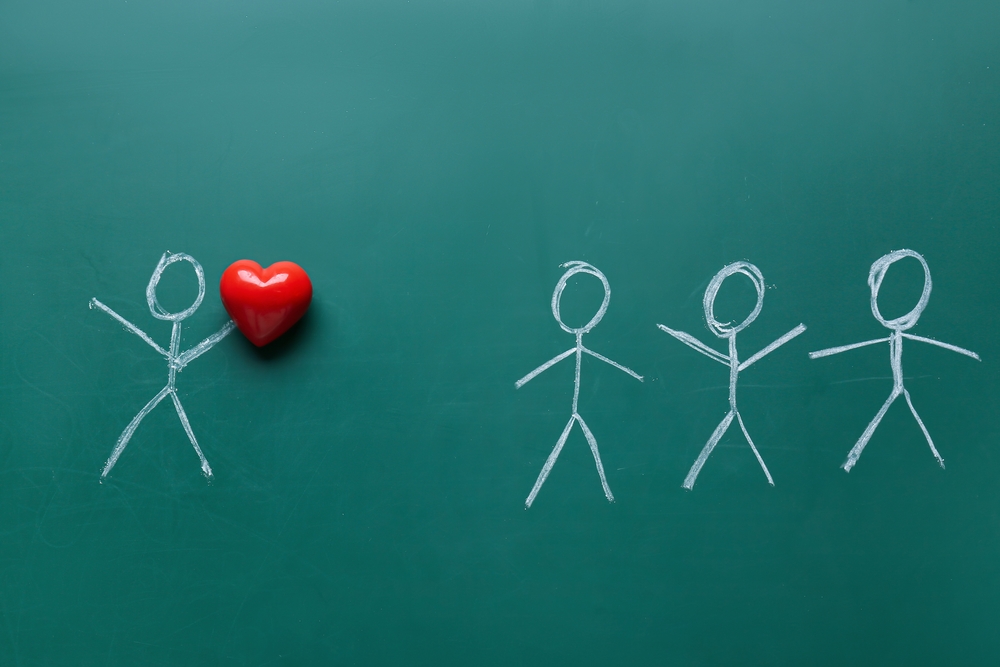The Netherlands was shocked recently by four incidents of appalling violence against women in a single week. It led to a surge of anger and grief, but also to initiatives to make the streets safe again — and not just for (cis) women. What is the situation in Wageningen?
‘We claim the night. Let women get home safely.’ These heartfelt words by the author Nienke ’s Gravemade sparked a crowdfunding campaign that raised over 250,000 euros in 48 hours. According to the initiator Danique de Jong, over 90 per cent of the donations came from private individuals. ‘That shows how much people want things to change,’ she says. It also says something about how many women sometimes feel afraid when out and about — too many.
‘In general, female students feel safe in Wageningen,’ says Mel van de Par, the chair of the feminist student society Thalia. ‘Some international students even find the safety situation a huge relief compared to their home country.’ Despite this, Thalia’s members regularly have worrying experiences in and around Wageningen. ‘Recently, one of our members was out near Dijkgraaf late at night when she was approached by an angler who said he had caught a huge fish and needed help hauling it in. He asked her to come with him — pointing to a dark, secluded spot. She couldn’t get away fast enough.’
Public transport
Thalia’s members also have plenty of stories of nasty incidents in public transport — such as men who sit too close to you in the train, start a weird conversation with you or stare at you while touching themselves. Van de Par says she always makes sure she sits somewhere with other passengers nearby; she would never sit in a carriage on her own. The train staff even warn you about that, as a Thalia member sitting on her own discovered recently. ‘That’s actually quite worrying,’ says Van de Par.
In addition to virtually empty train carriages, bus shelters are another notorious location. The Thalia chair avoids them if possible, especially after dark. ‘Bus stops are often in out-of-the-way, badly lit places. If a group of men drive past slowly in a van or car, shouting all kinds of sexual remarks at you, there is nowhere for you to go. That is really scary.’
Young lads
In addition to the vans, fat bikes are regularly mentioned in stories about menacing situations. Particularly notorious are the groups of local Wageningen lads who go around on these bikes. ‘They are often really young, aged about 13 to 15, but they can be very annoying and intimidating,’ says Alita Tithphit, chair of South East Asian Student Association Wageningen (SEASAW). And they seem to target Asian women. A few years ago, Resource was getting reports from Chinese female PhD candidates of harassment by these teenagers. They would block their path and taunt them with denigrating, sexual quotes from films such as Full Metal Jacket or Good Morning Vietnam. Women who look Asian have also been shot at with large water pistols.
It might not be hugely dangerous, but it is definitely intimidating and threatening. ‘These young lads clearly think they can get away with anything. That’s why there’s this fear that their intimidating behaviour could turn more physical,’ says the SEASAW chair. Her equivalent at Thalia would like the police to be more visible and take action more often. ‘That would make me feel a lot safer — more than when they check our bike lights for the umpteenth time.’
Rainbow
While the calls within society to reclaim the night are mainly about the safety of cis women, many people in the rainbow community also feel unsafe when they go out at night. Nutrition & Health Master’s student Luca Laane, who identifies as non-binary, knows all about it. When they didn’t respond to flirtatious comments from a group of lads passing by, the tone immediately became aggressive. ‘That’s not a nice lady. Hang on, is she even a lady? No, right?’ Recently, Laane and a female friend (‘not even my girlfriend’) were coming home from a party and a drunken man in the street called them all kinds of names: ‘Look at those pussy munchers.’
Laane’s strategy is to ignore the abuse to prevent the situation from escalating further. ‘But I’m constantly on my guard.’ It’s a familiar feeling too for Rob Manders, a volunteer at the LGBTQIA+ society Shout! ‘Even if nothing really bad happens in Wageningen on the whole, you’re always on the alert. Especially after an unpleasant incident such as recently when the drag artists were threatened during the WagaStorm event on 5 May. I mean, those drag artists are pretty tough, it takes a lot to scare them, but even they thought it was scary. That menacing feeling is always there and it gets under your skin.’
No realization
The people Resource spoke to for this article are not particularly hopeful that the reclaim-the-night campaign will make our streets safer. Of course they hope everyone will be able to go out at night, regardless of their gender or sexual orientation, without having to think about what they are wearing, what route to take and who can accompany them home safely. But they don’t see that happening given the current political climate. ‘Local authorities too don’t really realize the extent to which everything here is designed by and for men, with no attention being paid to the female and queer perspective on safety in public spaces,’ concludes Thalia’s Van de Par.

 Illustration Valerie Geelen
Illustration Valerie Geelen 

